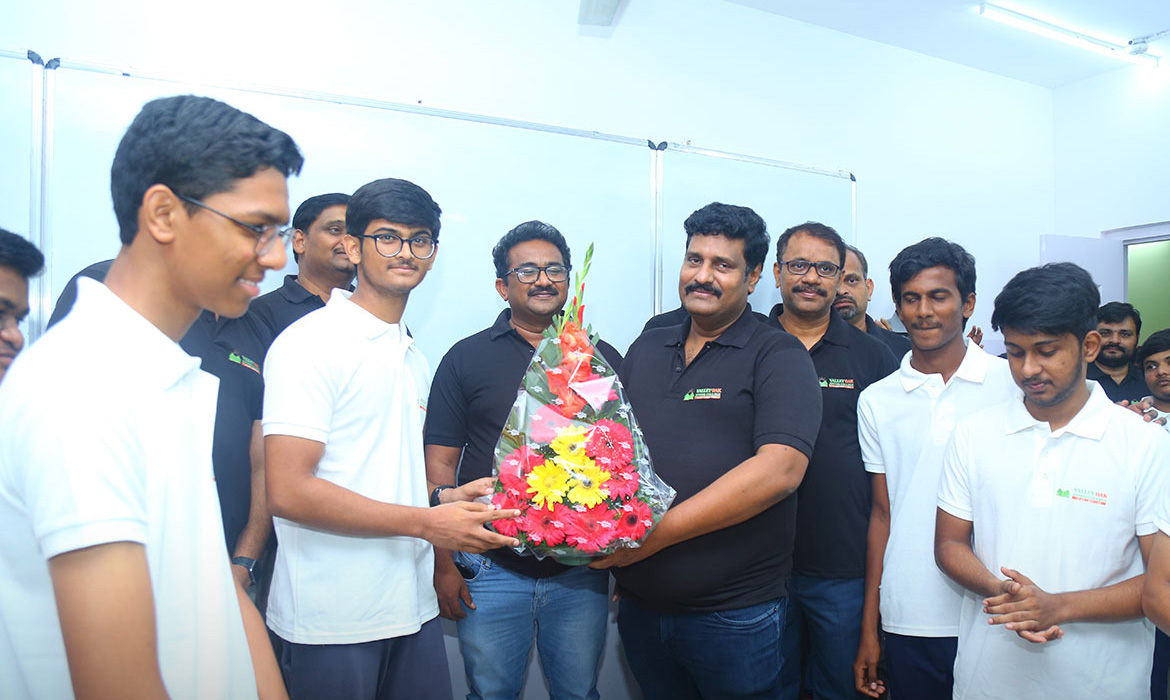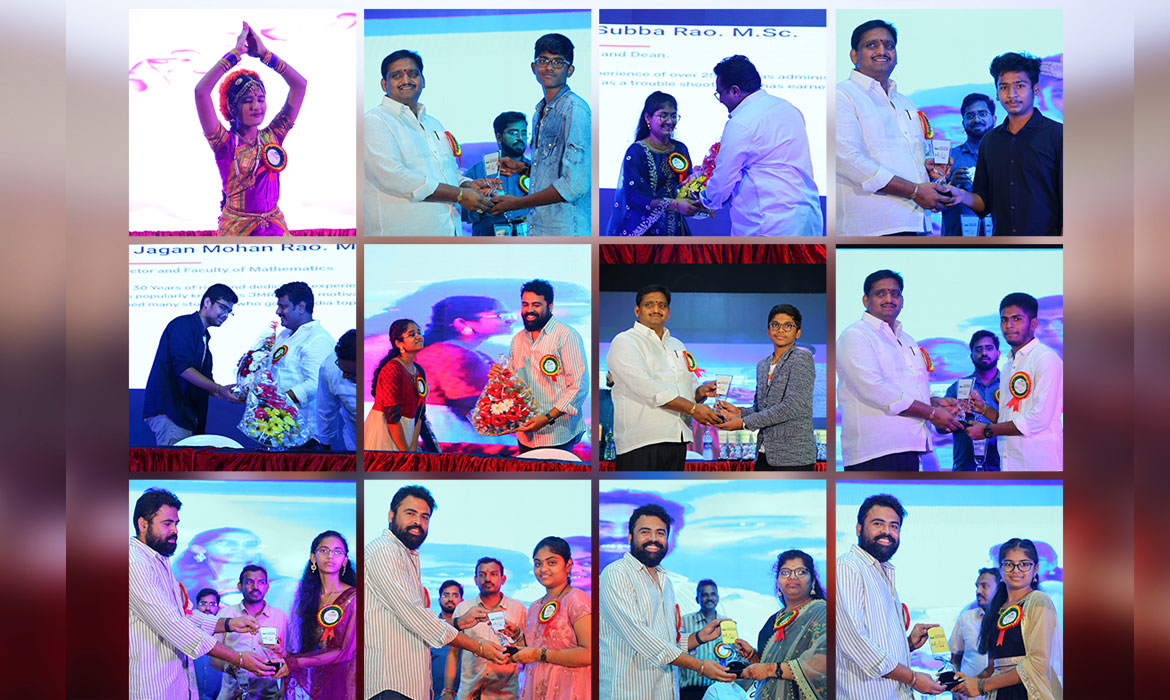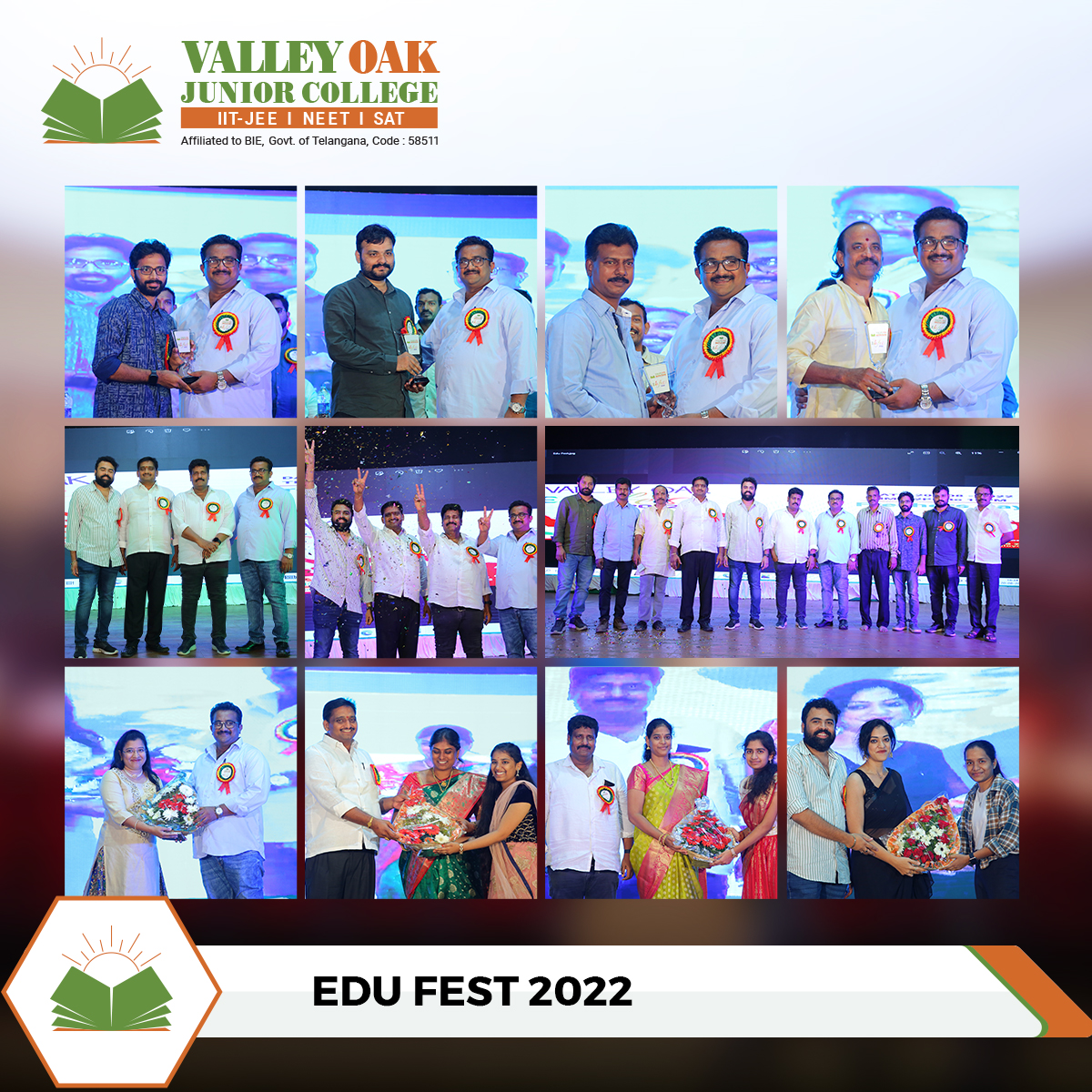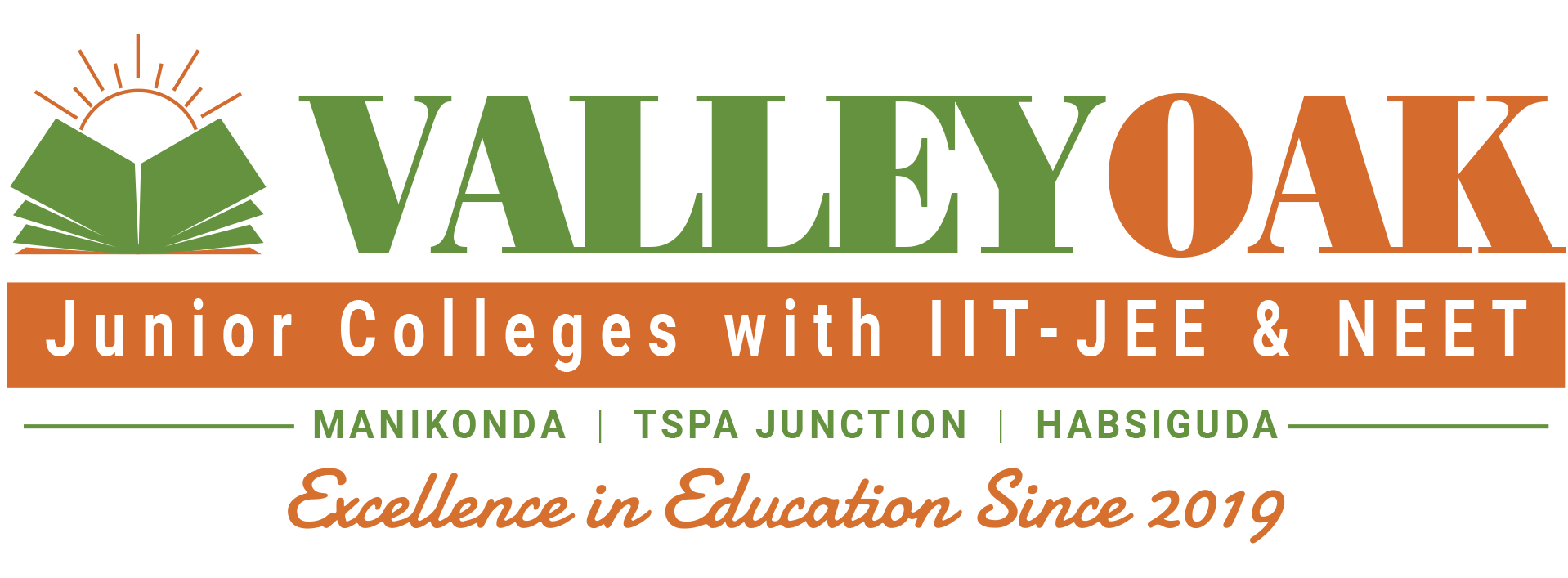What are the Important Topics for IIT JEE in 11th Standard?
The Joint Entrance Examination (JEE) is one of the most competitive and prestigious entrance exams in India for students aspiring to pursue undergraduate engineering and technology courses at the Indian Institutes of Technology (IITs). Aspiring candidates are required to take the JEE exam in two stages, JEE Main and JEE Advanced, which are designed to test the aptitude, reasoning, and analytical abilities of students.
If you are a student preparing for IIT JEE, it is important to start your preparations as early as possible. The 11th standard is an important milestone in your journey towards cracking the IIT JEE exam. Here are some important topics that you should focus on in your 11th standard:
Mathematics – Algebra, Trigonometry, and Calculus are important topics that require a strong foundation for a better understanding of more complex topics.
Physics – Mechanics, Heat and Thermodynamics, and Electromagnetism are crucial topics that require a good understanding of the basic concepts to tackle complex problems.
Chemistry – Physical Chemistry, Organic Chemistry, and Inorganic Chemistry are equally important topics that require a deep understanding of fundamental concepts and strong analytical skills.
English – A good command of English is important for the comprehension section of the JEE exam. You need to develop a strong reading habit to improve your vocabulary and comprehension skills.
General Knowledge – This section of the JEE exam tests the general awareness and knowledge of candidates. You can improve your general knowledge by reading newspapers, magazines, and watching educational videos.
To help you prepare better for the IIT JEE exam, you can consider enrolling in coaching institutes like ValleyOak Junior College in Hyderabad, which offer expert guidance and resources to students. You can also consider joining the Best IIT JEE Coaching Institute in Hyderabad, which offers comprehensive coaching programs and personalized attention to help students excel in the exam.
In Conclusion, cracking the IIT JEE exam requires dedication, hard work, and a deep understanding of fundamental key concepts. It is important to start your preparations early and focus on important topics to achieve success. With the right guidance and resources, you can achieve your goal of cracking the IIT JEE exam and pursuing your dream Career in Engineering and Technology.
Career Options after JEE Mains other than IITs and NITs
The Joint Entrance Examination (JEE) Mains is a highly competitive annual examination conducted by the National Testing Agency (NTA) for candidates interested in pursuing undergraduate engineering and architecture programs at some of the top Indian universities. This examination is the gateway for admission to various Indian Institutes of Technology (IITs), National Institutes of Technology (NITs), Indian Institutes of Information Technology (IIITs), and other Centrally Funded Technical Institutions (CFTIs) in the country.
After the JEE Mains exam, students are required to decide whether to take the JEE Advanced exam or apply to other universities that recognise the JEE Main results. The JEE Advanced Exam is an entrance exam for students who aspire to pursue higher education at one of the Indian Institutes of Technology (IITs). However, to be eligible for the JEE Advanced exam, students must meet specific qualifying requirements. One such provision is that the applicant must place among the top 250,000 candidates in JEE Main (i.e., top 20 percentile).
Apart from this, there are other criteria such as age limits, prior admissions, the number of attempts already made, and if they have taken their Class 12 examinations. Aerospace Engineering, Chemical Engineering, Civil Engineering, Computer Science Engineering, Mechanical Engineering, and Electrical Engineering are some of the most common specializations offered by IITs. Students are required to choose a branch when they apply, although they may be able to alter it later with university clearance.
However, there are various other options for those who don’t intend to take the JEE Advanced examination. Over 1,700 universities across the country accept JEE Main results. The NITs and IIITs are the most sought-after institutes owing to their status and potential. Students can also apply to Government Funded Technical Institutes (GFTIs), which offer a variety of science and engineering disciplines. Private universities that accept JEE Main scores are also an option if none of the above options appears to be a good fit.
It is worth noting that the JEE Main test is held twice a year, providing students with additional planning freedom. This allows them to schedule their tests whenever convenient for them.
However, the process of deciding on the best option can be a daunting task for students, especially given the competitiveness and the limited number of seats. As a result, it is essential to seek guidance and support from experienced professionals who can provide tailored advice and help navigate the admission process. Valley Oak Junior college is a reputed institute with many years of cumulative experience in this field. They offer dedicated academic and non-academic mentors to support students at every step of the process. Additionally, their exceptional services and commitment to student success have earned them an impressive 4.9/5 rating on Google.
<strong>Advantages of Choosing Classroom Coaching Over Online Coaching for JEE</strong>
Cracking JEE Advanced is a challenging task, requiring a deep understanding of a vast array of concepts. Preparing for this exam is not a simple feat, with its demanding syllabus and rigorous demands on knowledge. Students aspiring to study engineering at top IITs face the daunting question of how to prepare, which coaching center to select, and if online coaching can provide adequate preparation.
As the world moves towards online living, from ordering food to booking tickets and learning, online coaching for exams like JEE Advanced can complement but not replace traditional classroom learning experiences. Having a coach/guide in person can simplify the most complex topics in JEE Advanced’s syllabus. Classroom training offers benefits that online coaching cannot, including:
1. A familiar and comfortable learning environment.
2. Live access with teachers
3. Interaction with classmates and peer-to-peer learning experience.
4. Doubts clearing sessions
5. The personal touch that teachers bring to the classroom.
6. Adjusting the pace for the entire class and modifying teaching methods.
Among the best Classroom coaching for IIT-JEE at Hyderabad, ValleyOak prioritizes student growth through small class sizes and a high student-teacher ratio. As a result, many ValleyOak students have successfully passed JEE Advanced, with some even achieving double-digit ranks. Reach out to ValleyOak for expert guidance, with a team of experienced and dedicated academic and non-academic mentors for the IIT-JEE Coaching at Hyderabad. They offer support at every step. Best of luck!
How to Increase Problem Solving Speed for JEE?
Improve your speed in problem solving for JEE
1. Initially, you have to study the theory of all topics in your syllabus. While studying the theory, project the topics on an application-oriented basis to memorize the topics you read for a long time. This will help you in recalling your preparation when you see a question from your syllabus.
2. Make conceptual learning to solve the problems with better understanding and make a quick response on seeing the question.
3. Never miss any questions in the exercises as it may affect your answering in the JEE Exam. Your perfection lies in your preparation in all topics.
4. Studying is an asset, only if you start solving problems every day for at least two to three hours on each topic. Schedule your timetable and make sure you allot particular time for problem solving.
5. After the study and practice of problem-solving, a self-assessment is required in order to analyze yourselves. Take as many mock tests as possible to know how many ways the question can be asked in the JEE Exam. Try to attempt many times till you become perfect in every topic you learnt.
6. In the practice and mock tests you take, try to be able to solve one question in different ways and note down the time taken to find the solution in different ways.
7. Here, your IQ and memory power shall be your strength in solving questions of JEE as you can reduce the problem-solving time by memorizing the formulae of Maths, Physics and Chemistry.
8. Meanwhile, you must know the priority of problem-solving because a few questions may halt your solving capability. Thus do not lose your time on a particular question, if you aren’t able to solve that within time. At the same time, you must get help from your mentor to know the proper way of solving the problem.
9. While you are in the exam, solve the simple questions and less time taking problems earlier and move to hard and time-consuming questions later. This will help you not miss any known answer to you.
10. Balance your accuracy and quickness while solving the problems. This can be achieved only by making more practice and attending more mock tests every day.




















